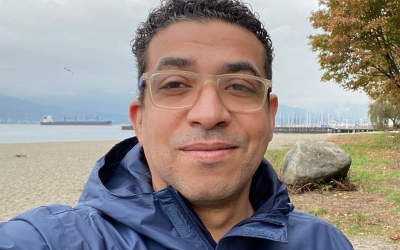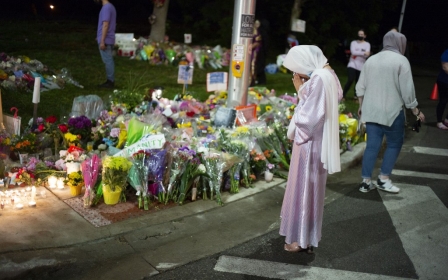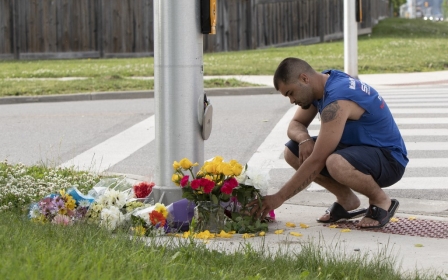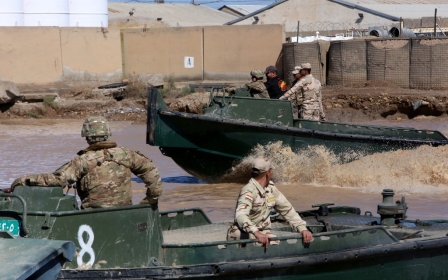Rights groups urge Canada to end 'abusive' immigration detention system
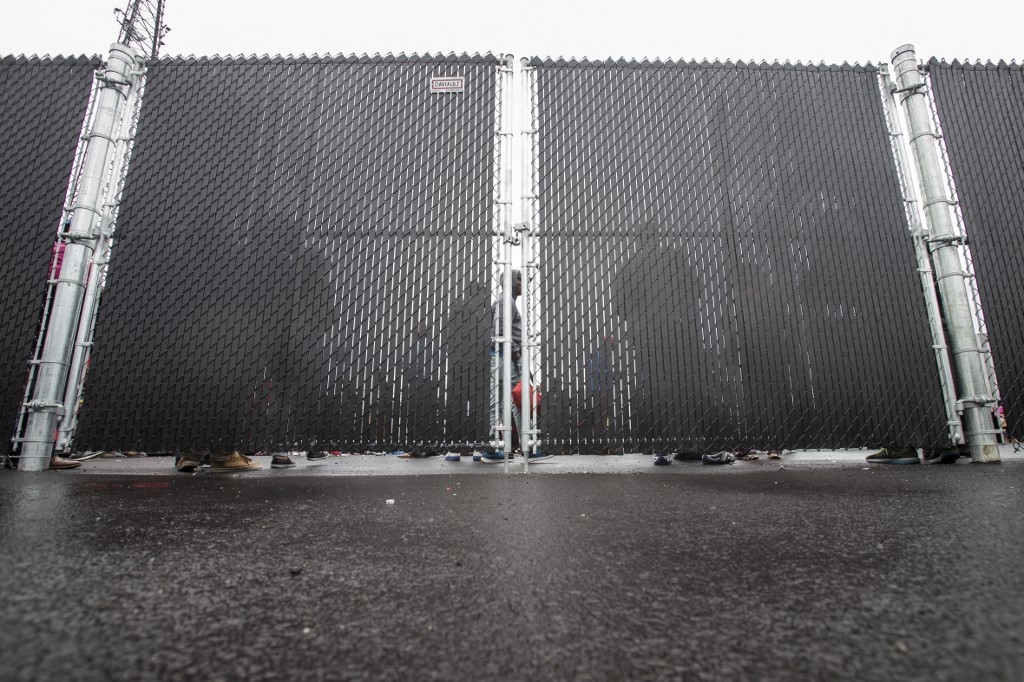
Canada detains thousands of asylum seekers every year in often abusive conditions where people of colour appear to be held for longer periods, Amnesty International and Human Rights Watch have said.
The human rights organisations said in a joint report published on Thursday that people in immigration detention, including those fleeing persecution, are regularly handcuffed, shackled and held with little to no contact with the outside world.
"While immigration detainees are not serving criminal sentences, they are often treated like people incarcerated for criminal offences," the report said.
Asylum seekers are "handcuffed, shackled, searched, subjected to solitary confinement, and restricted to small spaces with rigid routines and under constant surveillance, with severely limited access to the outside world".
The rights groups said that, between April 2019 and March 2020, the Canada Border Services Agency (CBSA) imprisoned 8,825 people, including more than 1,900 in provincial jails.
Detainees who are from communities of colour, particularly Black detainees, appear to be held for longer periods, often in provincial jails, according to the report.
A Montreal-based lawyer told the rights groups that asylum seekers held in provincial jails rather than immigration holding centres tend to be “Black men who are detained on the ground of flight risk”.
Since 2016, Canadian authorities have held more than 300 immigration detainees for longer than a year, the report said.
Ketty Nivyabandi, secretary-general of Amnesty International Canada, said the country's "abusive immigration detention system is in stark contrast to the rich diversity and the values of equality and justice that Canada is known for globally".
The rights groups' 100-page report details the cases of many cases of immigration detention, including Egyptian national Abdelrahman Elmady, an Iraqi national named Daryan, and a man from Lebanon who remained anonymous.
After arriving in Canada in 2017, Elmady was interrogated for three days then placed into detention for two months in multiple provincial prisons.
During this time, he was only given batteries for his hearing aid during interviews with CBSA and detention hearings. He spent most of his detention in silence, unable to hear.
Calls for CBSA oversight
The report found that, of all the cases of immigration detention, the most concerning were how Canadian authorities dealt with people with disabilities.
Individuals with disabilities were more likely to be placed in provincial jails rather than immigration detention centres, and were often placed in solitary confinement.
In some cases, individuals who suffered from psychological conditions were placed in detention for even longer periods.
Amnesty and HRW found that, according to five lawyers from across Canada, authorities frequently cited the psychological conditions and behaviours of people with disabilities as "non-cooperation", which they said justified their continued detention.
"To put it simply, immigration authorities discriminate against people with disabilities by making the conditions of their detention harsher and the terms of their release more onerous than for many other detainees," said Samer Muscati, associate disability rights director at Human Rights Watch.
"Instead of subjecting people with psychosocial disabilities to punishing conditions in immigration detention, the government should provide psychosocial, legal, and other support services that respect their autonomy and dignity in the community."
Several campaign groups have been calling for oversight of the CBSA, which is the only major law enforcement agency in the country that does not have an independent civilian oversight body.
There have been a number of attempts over the past decade to introduce legislation that would mandate an oversight board for the CBSA, but all have been unsuccessful.
Middle East Eye delivers independent and unrivalled coverage and analysis of the Middle East, North Africa and beyond. To learn more about republishing this content and the associated fees, please fill out this form. More about MEE can be found here.


